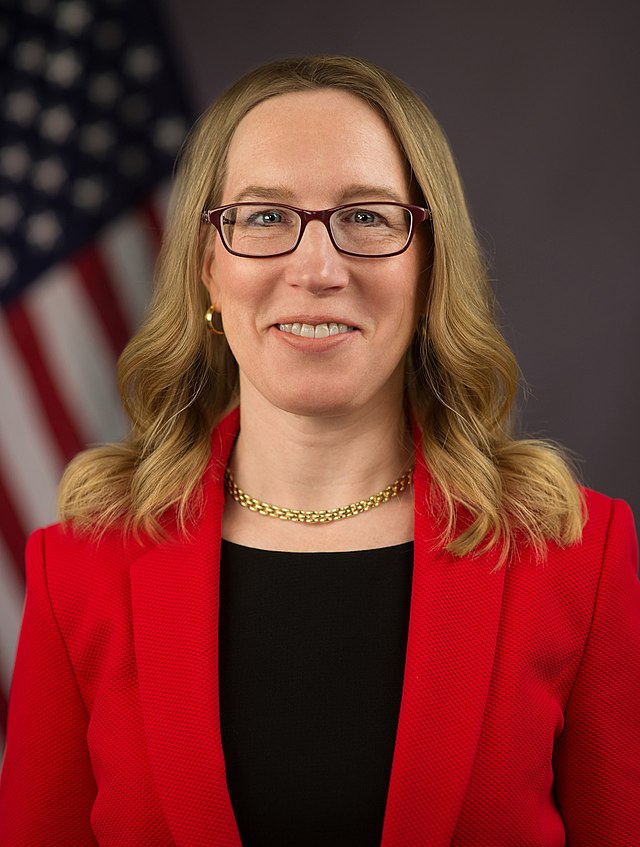As the U.S. Securities and Exchange Commission (SEC) anticipates a leadership change with Chair Gary Gensler’s imminent departure, the agency appears poised for a significant pivot in its approach to cryptocurrency regulation. This potential shift is bolstered by the anticipated appointment of pro-crypto advocate Paul Atkins as the new SEC Chair, following President Trump’s nomination. With anti-crypto Commissioner Caroline Crenshaw not up for renomination, the SEC is expected to consist primarily of pro-crypto Republicans by January, signaling a major transformation in the agency’s stance.
In a recent interview with Coinage, SEC Commissioner Hester Peirce shared insights into this evolving regulatory landscape. Describing the current period as one of both “transition” and “optimism,” Peirce suggested that the agency is preparing to move away from its historically cautious stance on digital assets toward a more innovation-friendly framework. “It’s a time of transition for everyone in Washington right now, and I think that’s the same at the SEC,” she remarked.
Peirce acknowledged that the period of uncertainty might persist until the new Chair officially assumes the role. However, she expressed confidence that some foundational changes could begin immediately. “There are some things we can do right out of the gate to at least get processes started to make some changes,” she explained, hinting at a proactive approach to reevaluating policies.
One of the key areas where Peirce foresees progress involves revisiting the SEC’s decisions on cryptocurrency exchange-traded funds (ETFs). Specifically, she highlighted the potential for the approval of in-kind redemptions and the ability for Ethereum ETFs to engage in staking. These changes, previously seen as improbable under Gensler’s leadership, now seem within reach.
The argument for in-kind redemptions is rooted in efficiency, as it would allow ETF issuers to exchange the underlying crypto assets directly without converting them to cash, potentially reducing tax burdens and market inefficiencies. Similarly, enabling Ethereum ETFs to stake their holdings could unlock additional yield for investors, aligning the U.S. with jurisdictions like Europe, where such practices are already permitted. Currently, Ethereum ETFs have attracted over $10 billion in assets this year, while Bitcoin ETFs boast more than $120 billion in assets under management.
Peirce emphasized the significance of the upcoming leadership shift in facilitating these changes. “If it changes from a majority of Commissioners who don’t want things to go through to a majority of Commissioners who do want things to go through, then yeah, it’s easier,” she noted. The transition is expected to pave the way for more progressive crypto policies, particularly after Gensler steps down on January 20.
While uncertainty remains, Peirce’s optimism reflects a broader hope that the SEC will embrace a more forward-thinking approach to cryptocurrency regulation. For investors and innovators alike, this potential shift could mark the beginning of a new era, one where the U.S. regulatory framework better aligns with the rapidly evolving digital asset market.

